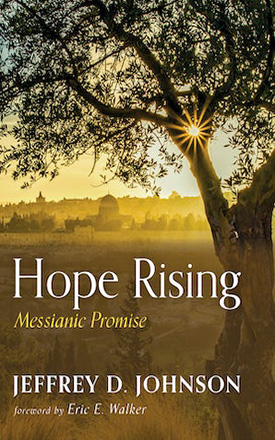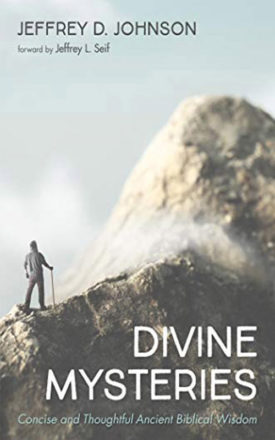Israel Today Resources:
-
 Hope Rising, Messianic Promise
Recommended donation: $20.00
Hope Rising, Messianic Promise
Recommended donation: $20.00
Add to cart
-
 Song of Song: The Greatest Lover
Recommended donation: $18.00
Song of Song: The Greatest Lover
Recommended donation: $18.00
Add to cart
-
 Divine Mysteries
Recommended donation: $15.00
Divine Mysteries
Recommended donation: $15.00
Add to cart
-

Song of Moses!
A Vivid Scene
Egyptian bodies were visible on the seashore. The whole of the Egyptian army was drowned. Without context it’s a macabre scene.
God had just dealt the final blow against the Egyptian army ending their control over the Israelites. The enslavers were swallowed up by the Red Sea. Standing on the other side were Moses and God’s chosen people. The chase was over.
This is the setting for the Song of Moses. The oppression and slavery had come to a vivid end and God was now to bring them to the Promised Land. This is a time for worship.
A Confident Faith
This song is a call to praise God’s past victory, present guidance, and future kingship for His people. This moment showed the Israelites, this group of newly freed slaves, just how powerful their God really is.
In Hebrews it says faith is confidence in what we hope for and assurance about what we do not see.  God’s people just witnessed God’s power, so their faith right now is fully invigorated in God’s ability to fulfill His promises.
The conclusion of this song is beautiful because it is a declaration of God’s promises, a reaffirmation of the Abrahamic Covenant.
You will bring them in and plant them on the mountain of your possession; (Ex 15:17)
Here Moses proclaims that God will bring His people and plant them on His mountain. The word plant here recalls back to Genesis 2:8 where God planted a garden in Eden. Broadly this refers to the land promised to Abraham in Genesis 15. Interestingly that passage itself included a prophecy about the Egyptian enslavement and subsequent exodus and eventual return to the land promised.
His mountain may be Mount Moriah where God directed Abraham to bring Isaac (Gn 22:2). This would be the future site of the first temple. However, that could not yet be understood as the directions for the Tabernacle (Mishkan) had not yet been received. What could be understood is that God has a special heritage and enduring location for His people.
LORD, you have prepared the place for your dwelling; Lord, your hands have established the sanctuary. (Ex 15:17 continued)
This speaks to both a divine dwelling place and place of divine interaction between God and His people. This is clearly a place of privileged access to those of the special heritage.
While He will dwell with His people for a period via the temporary Tabernacle (Mishkan), this would culminate with the Sanctuary (Mikdash), by way of the first temple, on His mountain. Years after this declaration in the Song of Moses this was realized via King Solomon. Indeed, the glory of the Lord filled the temple. (1 Kings 8:10-11) What a precious thing!
An Error?
Moses’ Song concludes with an expression that denotes this special union between God, His people and this place would be an eternal one.
The LORD will reign forever and ever! (Ex 15:18)
But how can this be? The glory of the Lord departed from the temple and then exited east to the Mount of Olives and then gone. (Ez 10:18-19, 11:23) Following this Nebuchadnezzar plundered and destroyed the temple.
After the second temple was built it was known that the presence of God had still not returned. Even the Talmud (Rabbinic teachings) affirms that the divine presence and the divine spirit was missing with the second temple.
A Hope
Malachi, the last of minor prophets warned that the temple priests were disobedient, and their offerings were polluted. But his message gives way to a Messianic hope, “…Then the Lord you seek, will suddenly come to his temple, the Messenger of the covenant you delight in — see, he is coming…” (Mal 3:1) Who is this hope?
Just as God overcame the power of Egypt to commune with His people how would this mysterious Messianic hope fulfill the covenant?
Israel Today Ministries feeds children and Holocaust survivors in Israel. Thank you for your prayers and partnership as God enables you!
May God, bless you,
Scott Johnson
- Scott Johnson is a Senior Middle East Analyst, who lived and worked in the Middle East, and has degrees from Moody Bible Institute and the University of London.


